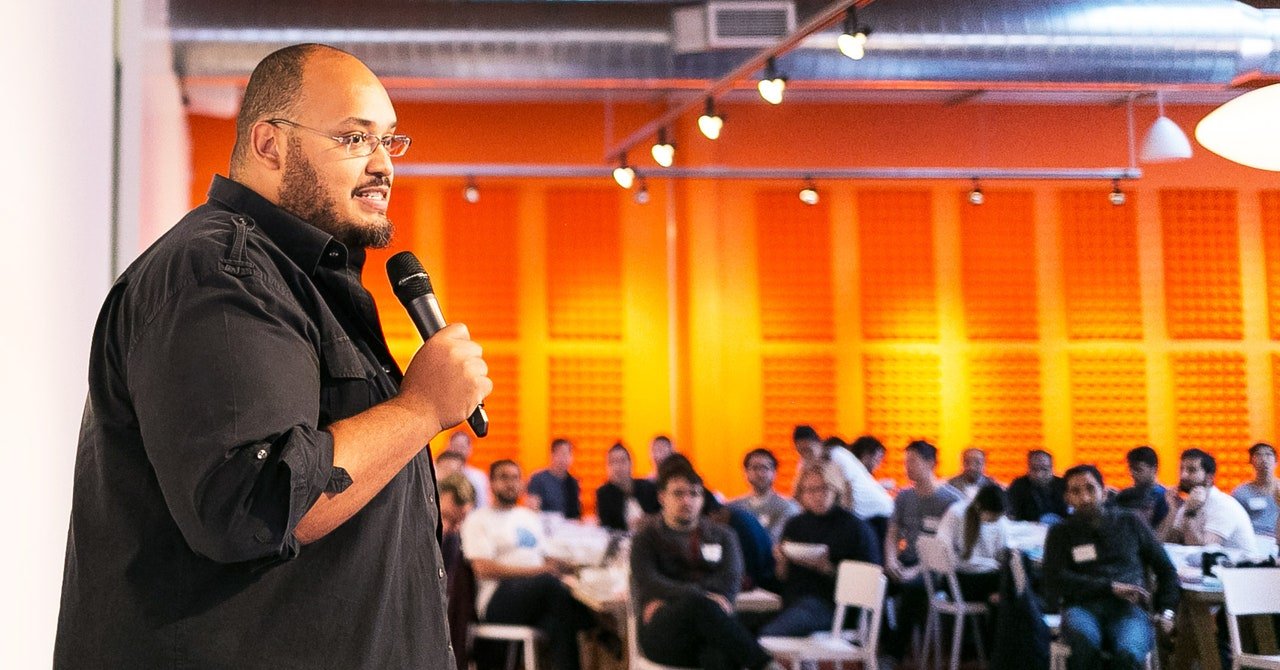This month a successful entertainment-business newsletter written by an influential reporter joined forces with publishing legend Janice Min to form a news startup. Buried in the story was a fascinating detail: The cofounders had signed up to go through the three-month Y Combinator accelerator program.
If you haven’t been paying attention, this news might have startled you. Why would a magazine diva join a horde of hoodied nerds, giving up 7 percent of her company for the $125,000 stake that YC offers its startups? But after almost 17 years and 3,200 companies, Y Combinator has evolved into something far beyond a boot camp for tech bros.
In its most recent batch, YC selected 401 companies out of a pool of more than 16,000 applicants to receive its imprimatur along with coaching from veteran founders on building products, formulating business plans, and raising funds. On August 31 and September 1, 377 of them pitched their companies—remotely, of course—to the investment community in the semiannual ritual called Demo Day. Each company’s founders had one minute to explain themselves: just enough time to plant a seed in a potential funder’s mind.
Their ideas reflected YC’s implicit view that for every problem in the world, there is a startup solution, though some solutions may sound familiar. There was a ghost kitchen in the Philippines. A “Stripe for former Soviet Union countries.” A “Vanguard for India.” One founder promised to boost the income of dental practices by using deep learning to identify cavities. Another founder claimed, “We’re building a better search engine than Google!”
At the end of each 60-second pitch came a Spartacus-like battle cry with the company name.
We are … Whalesync!
We are … Strive Pay!
We are … Yemaachi Biotechnology!
There is no sure thing when it comes to starting a business, and indeed most fail. But inclusion in the Y Combinator program is definitely a thing; YC has launched companies whose total valuation tops $400 billion; its alumni include such luminaries as Dropbox, Airbnb, Stripe, CoinBase, and DoorDash. There are other names you might recognize: Substack, Instacart, Scribd, OpenSea. In most cases, the companies entered the program with a valuation of zero, but many YC founders have more lucrative options and understand that what might look like a bad deal on paper is actually a bargain. Even experienced founders have decided to go through the program, some for multiple stints. And then there’s the stray publishing icon like Ms. Min.
So what do you get when you join? Sure, there’s the mentorship. YC has also vastly simplified tasks that used to take weeks—incorporating, trademarking, getting web services set up, and above all, connecting with the right investors–a lot of it through software, of course. “We’re sort of like Crispr for startups,” says Geoff Ralston, YC’s president since 2019. “Startups come into YC with raw DNA. We edit the DNA so that they have the alleles that make it more likely for them to be successful.” Those techniques have been widely distributed—hundreds of thousands have attended the program’s open Startup Schools—and have been adopted by hundreds of copycat accelerators, incubators, and boot camps, even some inside corporations like Google’s Area 120. Y Combinator has hosted more than 3,500 companies, but countless more have used its blueprints.

Leave a Reply
You must be logged in to post a comment.